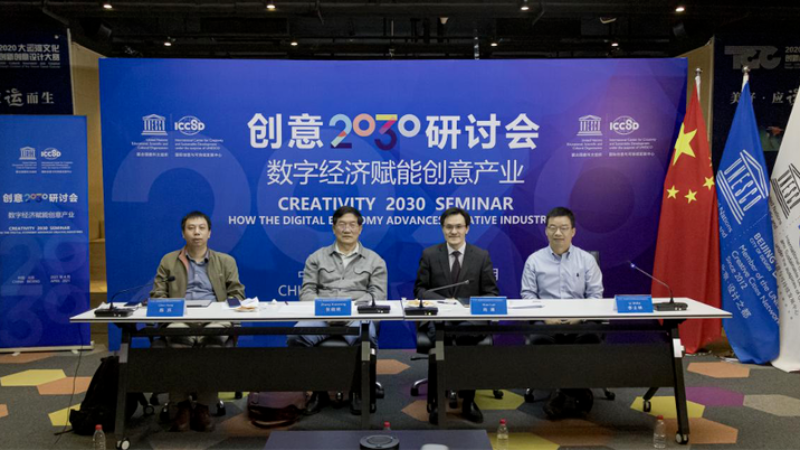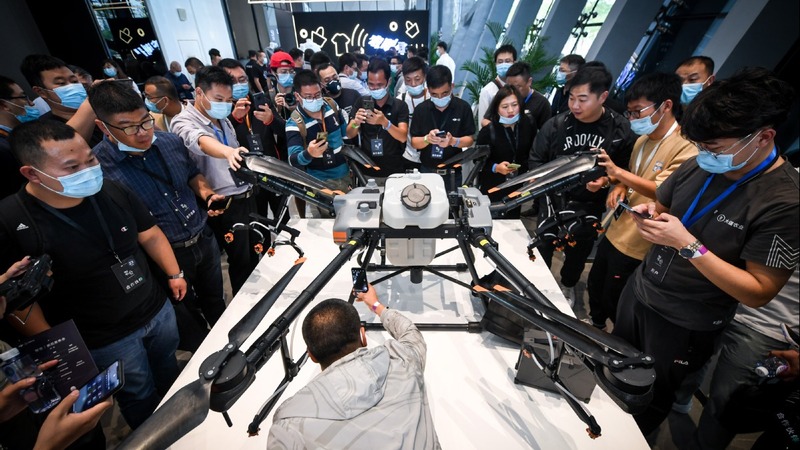Four years ago, Tencent unveiled the strategies for "Neo-Culture Creativity", hoping to, based on IP building, promote the virtuous cycle of business value and cultural value as well as improve the global influence of Chinese culture. In the same year, Tencent published the Report on Internet Development Trends in the New Era in the think tank of Xinhua News Agency. The report mentioned that "Neo-Culture Creativity" was a crucial trend in the cultural field and had influenced the development trends and models of cultural industries.
Neo-culture creativity builds a cross-media creative and cultural ecosystem featuring all-encompassing connectivity, joint creation, and sharing.
Neo-Culture Creativity has built a new cross-media creative and cultural ecosystem featuring all-encompassing connectivity, joint creation and sharing. The growth of digital technology has greatly facilitated creation. In this context, ordinary users have access to the same channels as experts as long as they have creative works or ideas to share. The platform of China Literature established by Tencent is a good example of such facilitation. As one of the users of the platform, I would like to share my views on how digital technology influences creativity, culture and creators.
The electronic platforms of Neo-Culture Creativity are characterized by sharing and joint creation. Users can, when reading Internet literature works on China Literature, offer their real-time feedback on the works at any time. Authors can, after receiving the feedback, adjust their writings accordingly. The platform has not only enhanced interaction between authors and readers but also integrated readers' knowledge into the production of culture and literature works, thus helping improve the quality of writings. Such favorable interaction and joint creation have built a creative ecosystem full of creativity and vitality.
Neo-culture creativity fosters new business forms and new business models by encouraging more users to participate in the creative process.
Neo-Culture Creativity has, by integrating history with the present, promoted the inheritance and preservation of the fine parts of traditional culture. One of its major goals is to enable the contemporary youths to learn more about traditional culture with the help of digital technology, nourishing today's young people.
Tencent has cooperated with Dunhuang Academy China to develop the project of "Digital Tour of the New Silk Road on Cloud", bringing the traditional culture of Dunhuang into everyday life, closer to the contemporary youth. Moreover, the company has adopted modern digital and media technologies, AI technology, in particular, to restore the Dunhuang frescoes, trying to better protect the cultural relics and inherit the fine parts of traditional culture.
The strategies for "Neo-Culture Creativity" are intended to foster new business forms and new business models by encouraging more users to participate in the creative process. Amidst the COVID-19 pandemic, online and digital museums have employed VR technology to help users make a virtual tour of the cultural venues, which is a good example of "Neo-Culture Creativity".
However, the development of Neo-Culture Creativity also faces problems of digital divide and poverty. In this case, the government, enterprises and all the other stakeholders shall work together to bridge digital divide and reduce digital poverty.





